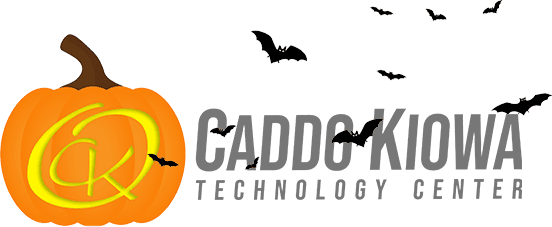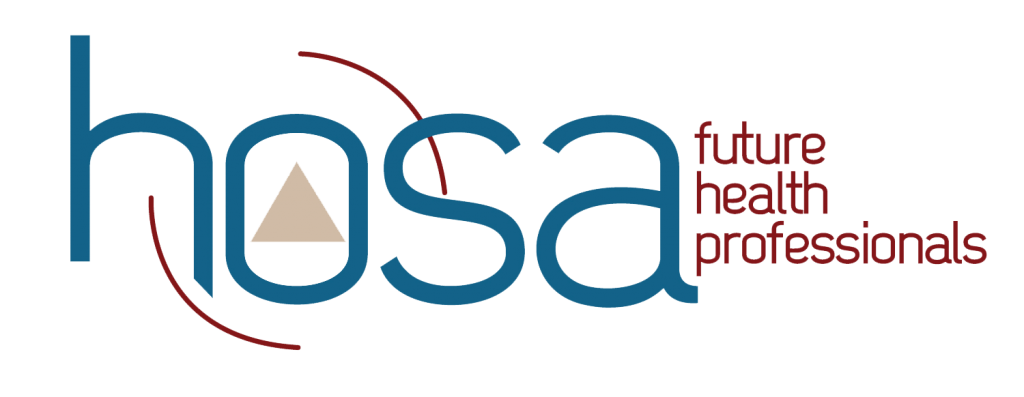Welcome to your future in the healthcare industry. Whatever your background and where ever you’re headed, you will need certain basic skills to succeed as a healthcare worker. This program will give you some of the skills you will need to make the transition from school to the real world of healthcare. You’ll learn a way of thing that you can apply to different situations and we provide scenarios for you to try in a risk free environment so you can start with confidence on your first day.
Students learn the basic of the healthcare industry to include medical terminology, anatomy and physiology and phlebotomy. Students are eligible to sit for their state Long Term Care Aide certification test and obtain their phlebotomy certification at the end of the year.
This class covers a broad set of studies which are basic to all health care occupations and helps the student narrow their focus to one or more specific healthcare occupations..
Prerequisites are required.
Career Majors
Health Careers
Program Costs
In-District High School Students – TUITION-FREE
In-District Adult Students – $2.50 per credit hour + supplies
Out-of-District Adult Students – $5 per credit hour + supplies
Schedule
Classes are Monday through Friday from August to May.
Morning Session
8:20am – 11:20am
Afternoon Session
12:30pm – 3:30pm
Contact Us
Instructor
Cassi Roberts
405.643.3264
cr******@ck**.edu
Assistant
Jina Mindemann
405.643.3262
jm**********@ck**.edu
Recommendations
Health careers programs are rigorous and require some safety measures. The following are considerations prospective students should keep in mind:
- Reading, math and writing – 8th-grade level
- Pass safety test
- Attention to spelling
- Be able to memorize and comprehend medical terms
- Computer skills
- Social skills
- Friendly, honest, caring, work well with others
- Follow directions/instructions
- Listening skills
- Have good organizational and time management skills
- Ability to tolerate strong odors
- Ability to work in the presence of bodily fluids
- Standing/Lifting/Pushing/Pulling
- Hospital or nursing home setting
- Anatomy & Physiology
- Good communication skills


